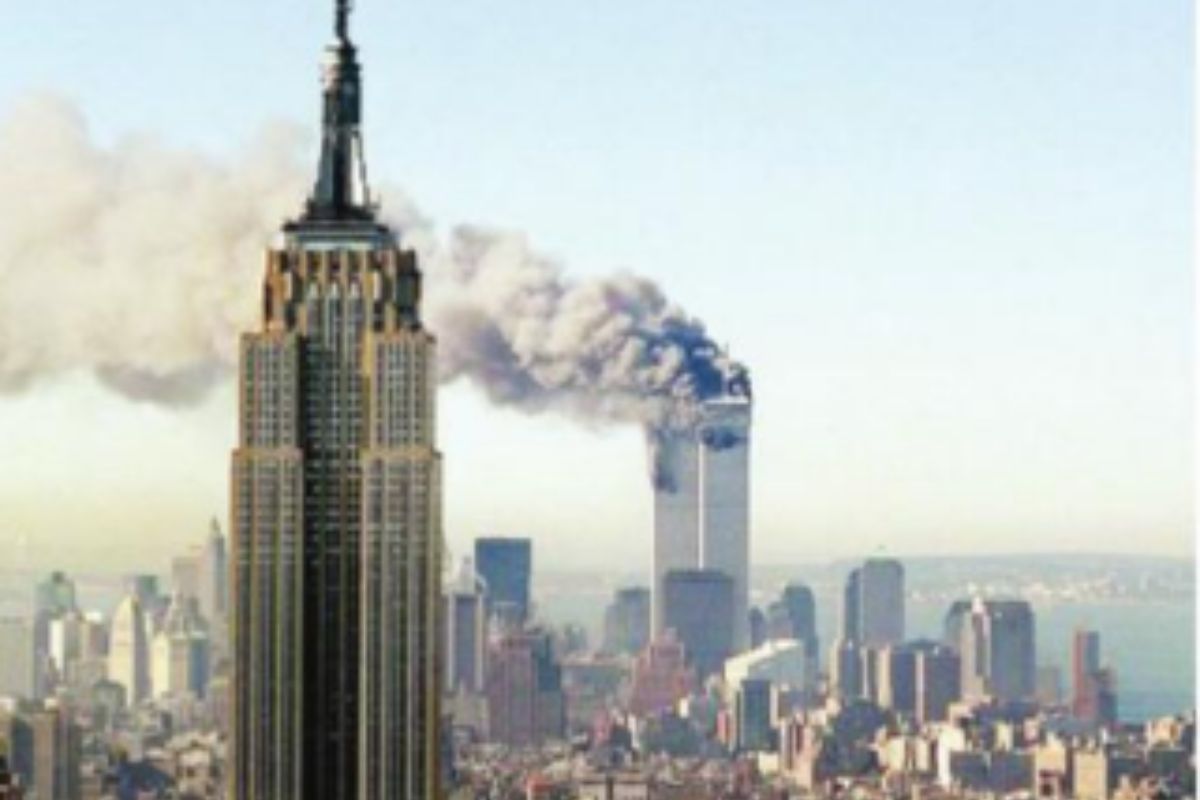The US has never officially been willing to concede that recent history encompasses not one but two 9/11s. There’s the one 22 years ago that everyone is supposed to remember, overlooking the disastrous consequences of the US reaction that continues to bedevil several nations.
There’s even more to overlook, though, in what happened in Santiago on 11 September 1973, when Chilean armed forces thwarted a democratic experiment in socioeconomic justice. That’s because the US was inextricably implicated in the military coup it had been seeking to instigate for over three years.
Advertisement
The intervention had begun even before the 4 September 1970, election that potentially elevated Salvador Allende to the presidency after decades of effort. The Socialist Party candidate was prone to joke in preceding years that his epitaph would read: “Here lies … the future president of Chile.”
Even before the election, there were indications which way the wind of change was blowing. “I don’t see why we need to stand by and watch a country go communist due to the irresponsibility of its people,” declared Henry Kissinger, foreign policy head honcho in the Nixon administration.
Once the voters gave Allende a plurality, US efforts were dedicated to ensuring that the Chilean parliament did not support his presidency. The best bet was a military coup, but army chief René Schneider was a constitutionalist. A CIA-assisted attempt to kidnap him resulted in his assassination by far right elements, and in October the Chilean congress endorsed Allende by 153 to 35.
Washington’s worst nightmare was unfolding in what it considered as its backyard. The next step was to strangle its economy, especially after Allende lived up to his reputation with a programme of nationalisation and expropriation aimed at exploitative multinationals and privately owned latifundias.
Vast US corporations — notably ITT, Dow Chemicals and Anaconda — were dedicated to exploiting Chile’s natural resources and its infrastructure for profits. As far as neo-colonial interests go, the Chilean example was worse than the revolutionary variant in Cuba a decade earlier. Socialism achieved via elections could inspire voters not only across Latin America but far beyond.
It helped that Allende’s Popular Unity government turned out to be dysfunctional in some ways, given the coalition stretched from radical forces to the left of the Communist Party to the social democratic faction of the Christian Democrats. Yet its ambitious agenda captured the popular imagination as reflected in the results of subsequent municipal and parliamentary polls.
But as far as the threatened vested interests within Chile and their foreign collaborators were concerned, this only underlined the urgent need to halt the experiment. In their eyes, its potential success posed a monumental threat. The Nixon administration had vowed to “make the economy scream”, and it had the weapons to facilitate this aim.
There was never a dull moment between the inauguration of Allende’s administration and its brutal demise less than three years later, with all manner of strikes, demonstrations and violence thrown into the mix. Yet the government survived. Dislodging required military action, and just days before 9/11 in 1973, the newly inaugurated chief of a divided military switched sides.
Thereafter, Augusto Pinochet would pursue his new aims with the perverse passion of a convert, seeking to obliterate all vestiges of the recent past. That involved mass murder, preceded by rape and other forms of torture. The remains of a substantial proportion of his junta’s thousands of victims are still being sought 50 years later.
Allende would not fit anyone’s image of a revolutionary. He rather resembled a country doctor, which is what he was before devoting himself to politics. With early warning of an impending coup, he drove to his workplace, Santiago’s Moneda Palace, ridiculed military offers to surrender or resign, telling his interlocutors that traitors couldn’t possibly understand how honourable men would act.
In his final address to Chileans that morning, Allende declared he wasn’t inclined towards martyrdom, but would resist to the end. Which is what he did, wearing a helmet and clutching an automatic rifle — a gift from Fidel Castro, who had advised him a couple of years earlier to arm his supporters. But Allende believed in the peaceful, parliamentary road to socialism.
In the short term, it appeared he had been proved wrong as much of the continent lapsed into US-backed military rule, with Chile a leading participant in the genocidal Operation Condor. But on the cusp of the 21st century, intriguing alternatives to the neo-colonial and neoliberal order emerged, and there’s still hope that Allende’s audacity will serve as a more powerful example than Pinochet’s perversity, not least in Chile itself.











